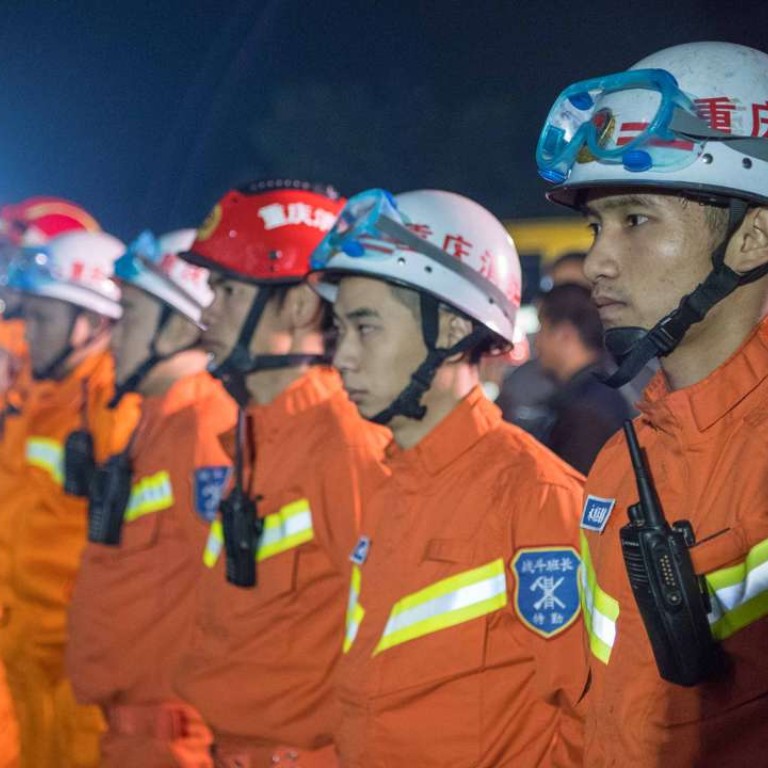
Breaking | 36 trapped following gas blast at coal mine in Inner Mongolia
Blast is the latest in a series of deadly underground explosions as soaring commodity prices prompt old mines to swing back into action
At least 36 workers were trapped following a gas explosion at a privately-owned coal mine in Inner Mongolia on Saturday, adding rising concerns of mine security as coal mines boost production amid recovering commodity prices.
The blast happened at shortly before midday when 136 miners were on their shift, the State Administration of Work Safety said. About 100 people were out of danger but some 36 workers were trapped.
Xinhua said earlier that the explosion had killed 17 workers and trapped many others.
The work safety regulator did not say what caused the blast, but Xinhua said “the coal mine should
Have suspended operations pending consolidation”.
Yang Huanning, head of the regulator, was leading a group to the site, the statement said.
The coal mine is owned by Chifeng Baoma Group, which was set up in October 2000 with 4,000 employees and total assets of 1.5 billion yuan (HK$1.7 billion). Aside from coal mining, the company is also involved in power production, property development and financial services.
It claims on its website that the company spent more than 20 million yuan security equipment and a safety management system, and conducted regular inspections.
The accident was the latest in recent months following a coal min gas explosion in Heilongjiang on November 29 that killed at least 21 miners. Rescue efforts are still under the way at the mine.
On October 31, another mine blast in Chongqing killed 33 miners.
The work safety watchdog said it carried out an undercover inspection in Jixi, a coal producing city in Heilongjiang on Thursday where it found many small mines had violated safety regulations.
Coal prices have rebounded since June after the central government started closing old and unproductive mines to shut down excess capacity.
The benchmark steaming coal price for delivery to Qinhuangdao port surged to nearly 700 yuan per tonne in October, its highest in four years.
The National Development and Reform Commission launched measures such as increasing production to curb soaring prices. The inventory in Qinhuangdao reached the year high of 6.5 million tonne on Thursday.

